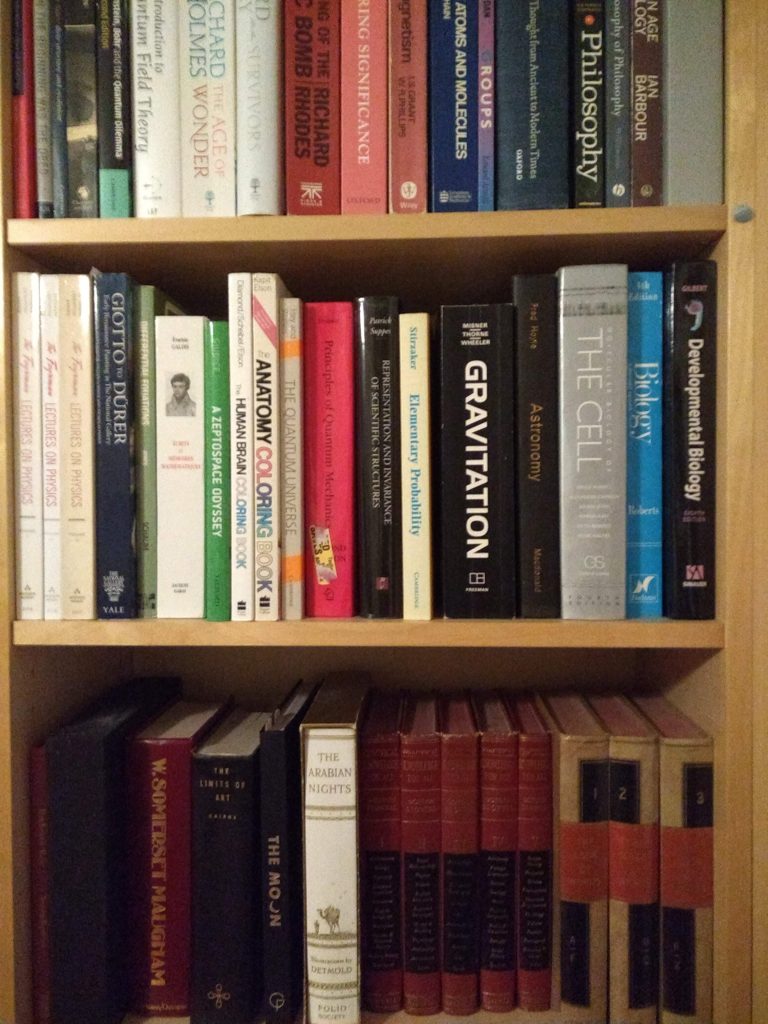If the space in this room represented all the useful, interesting, well-evidenced knowledge we’ve accumulated in human history, each piece wrapped up into a tiny, tiny pinpoint, the disciplinary knowledge we teach in schools would fit into the space of your little finger. How do we know this is the vital bit to teach our kids?

In the 1980s, education in England took a turn away from rote-learning and memorisation: the O-level was replaced with the General Certificate of Secondary Education. The point was to make the qualification accessible to all, there being a general feeling in the air that rote-learning and memorisation didn’t deserve the importance that O-levels attached to them. The new qualification would include coursework and would attempt, as best it could, to assess skills.
In the second decade of the twenty-first century, England took a turn away from coursework and skills assessment. The GCSE was to be made more rigorous and to mark the change it was rebranded with a new grading system. There was a general feeling in the air that the qualification had become too easy, that coursework grades could be manipulated and were all too often meaningless.
Continue reading “A ‘knowledge-rich curriculum’ can mean so many things…”